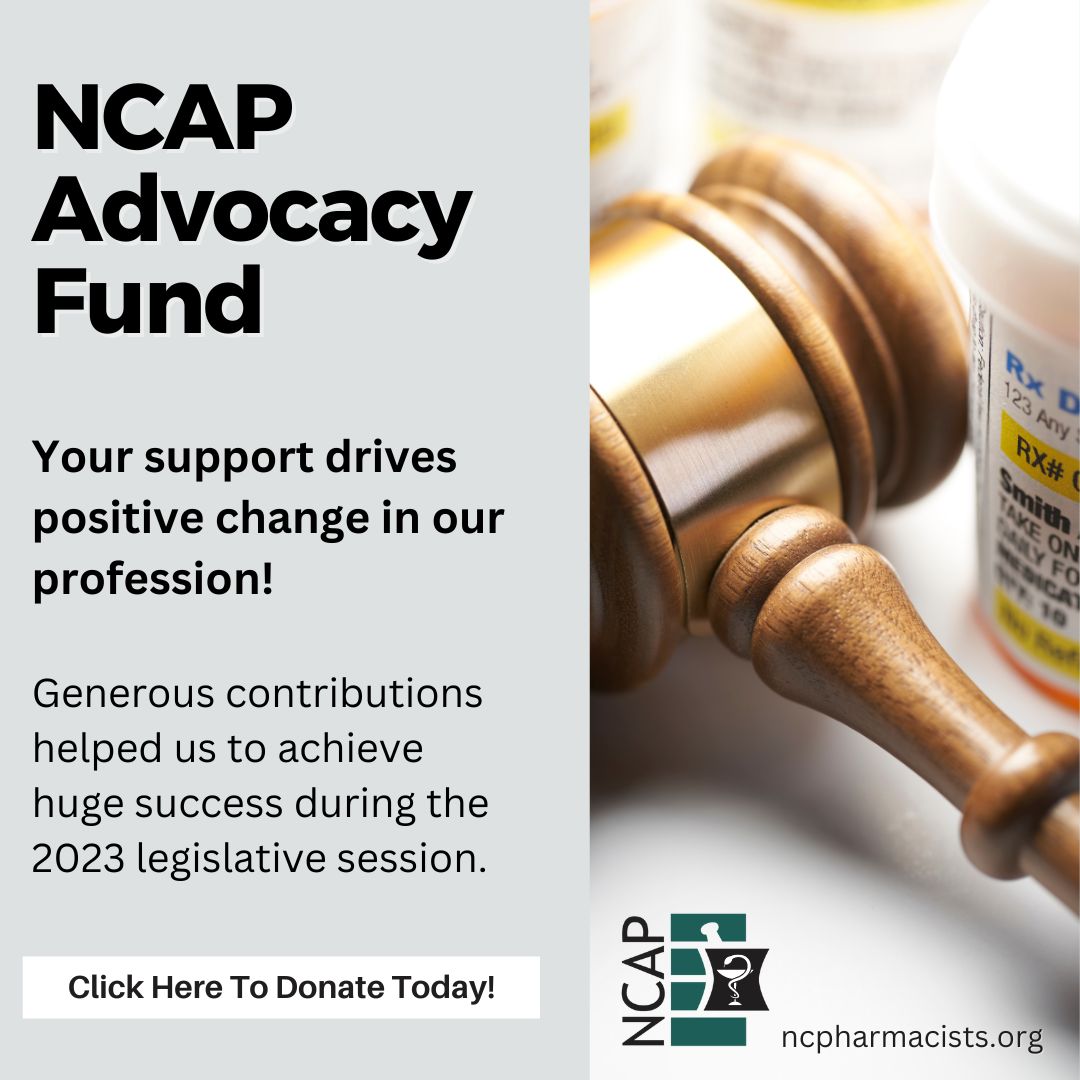Event Calendar
|
Pharmacists Caring for Patients with OUD Certificate Program
Friday, September 18, 2020, 8:00 AM EDT
Category: Events
Once registration is submitted there will be no refunds. In order to optimize the experience, all registrants are encouraged to complete the content within 120 days of registration.
 The University of North Carolina Eshelman School of Pharmacy is accredited by the Accreditation Council for Pharmacy Education as a provider of continuing pharmacy education. ACPE Program #0046-9999-19-365-B01-P provides 16.0 contact hours of continuing pharmacy education credit. The University of North Carolina Eshelman School of Pharmacy is accredited by the Accreditation Council for Pharmacy Education as a provider of continuing pharmacy education. ACPE Program #0046-9999-19-365-B01-P provides 16.0 contact hours of continuing pharmacy education credit.
To receive CE credit, participants must verify attendance and complete the evaluation(s) of the program. Participants must provide their NAPB e-Profile ID and birthdate (MMDD) to receive credit. It is the participants responibility to provide correct information. If incorrect information is provided, the record will be rejected by the CPE monitor and the CPE credit will not be awarded. Statements of credit can be viewed and printed in CPE monitor in approxiamately in 2 to 3 weeks. If credit is not shown after this time please contact the provider. **No partial credit will be available** Course Description
The US is fraught with a crippling opioid epidemic stemming from decades of misguided approaches to addiction and over-zealous marketing and management of pain. This certificate program addresses the prevention, treatment, and recovery of substance use disorders, conceptualizing addiction as a chronic brain disease affected by genetic, behavioral, cultural and socioeconomic factors. Pharmacists will develop tools to help treat opioid use disorder within their practice setting. Course Outcomes
Upon successful completion of this course, you should be able to:
• Describe societal, cultural, behavioral, and economic factors that may lead to opioid use disorders (OUD).
• Describe pathophysiological brain changes that lead to OUD. • Evaluate the role of the pharmacist in the prevention, treatment, and recovery of OUD across various healthcare settings. • Devise pharmacist-led services for patients with OUD. Course Developer's Biography
Courtenay Wilson, PharmD, BCACP, CPP
Dr. Wilson received her undergraduate degrees from the University of Georgia followed by her Doctor of Pharmacy degree from the UNC Eshelman School of Pharmacy. She completed an ASHP-accredited residency from the Boise VAMC in conjunction with the Idaho State University School of Pharmacy and is Board Certified in Ambulatory Care. Dr. Wilson now serves as the Associate Director of Pharmacotherapy at the Mountain Area Health Education Center (MAHEC) and Assistant Professor of Clinical Education with the UNC Eshelman School of Pharmacy. She directs the PGY2 residency in Ambulatory Care with an emphasis in Academia with MAHEC and the UNC Eshelman School of Pharmacy, which embeds residents into medical practices without a clinical pharmacy presence with the goal of creating a sustainable and replicable clinical pharmacy service. Her teaching responsibilities include directing the Substance Use Disorder elective and precepting pharmacy students, pharmacy residents, and medical residents. Clinic responsibilities include providing comprehensive medication management for patients within an interdisciplinary team setting. Her areas of interest are chronic pain management, opioid use disorder, and innovative pharmacy services. She received the 2016 Excellence in Innovation award from the North Carolina Association of Pharmacists for her work with developing office-based opioid treatment at MAHEC. Dr. Wilson is the past-chair of ASHP's Section Advisory Group on Pain and Palliative Care. Outside of work, Courtenay enjoys spending time with her husband and two daughters, hiking, running, and watching Georgia football. |


 Prev Month
Prev Month View Month
View Month Search
Search Go to Month
Go to Month Next Month
Next Month All repeats
All repeats 